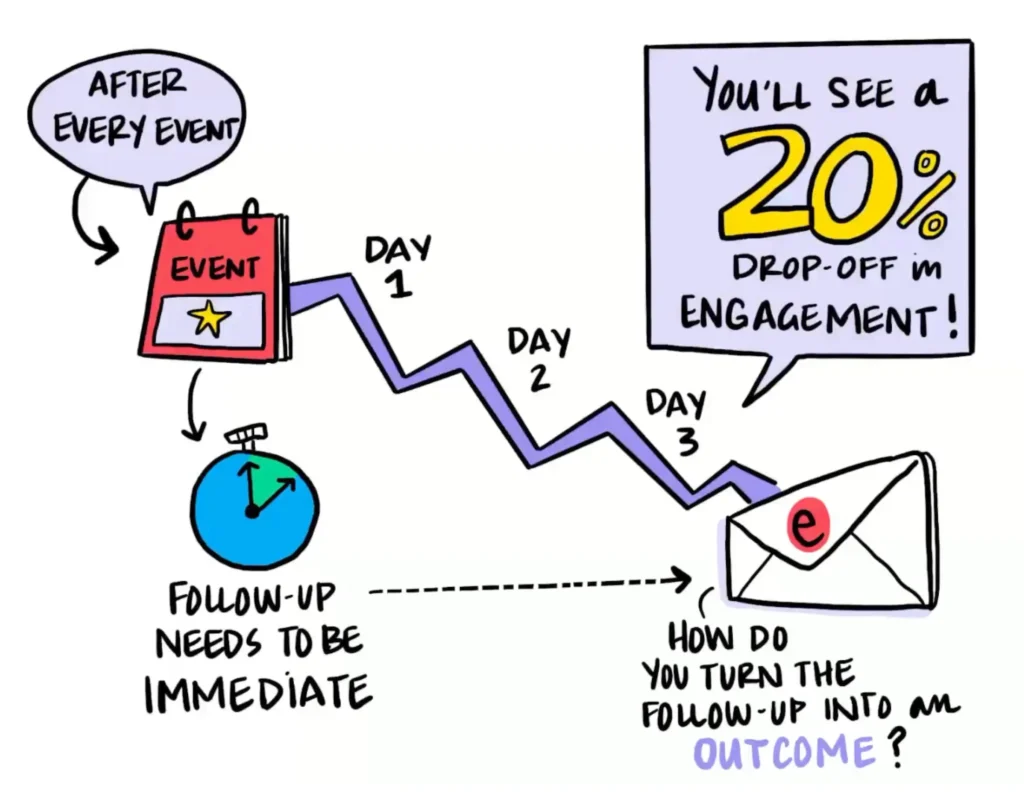In a world that has been fundamentally altered by the global pandemic, the way we interact, work and celebrate has shifted dramatically. For many of us, our physical interactions have been replaced by the virtual world, and this transformation has given rise to the phenomenon of virtual events. As someone who has not only attended but also organized my fair share of online gatherings, I’m here to share some points on the rise of virtual events and how to plan and execute successful virtual events that are both engaging and memorable.
The Rise Of Virtual Events

Virtual events, once a niche concept, have seen a meteoric rise in popularity over the past few years. The global pandemic forced people and businesses to adapt quickly to the restrictions imposed by lockdowns and social distancing guidelines. Suddenly, the idea of hosting a conference, birthday party, or even a wedding online became the new normal.
One of the most significant advantages of virtual events is their accessibility. You can participate from anywhere in the world, reducing the need for travel and accommodation expenses. This accessibility has opened doors for many people who may have otherwise been excluded from in-person events due to geographical, financial, or physical constraints.
But with great power comes great responsibility, and the success of a virtual event hinges on the planning and execution. Here are some key tips to ensure your virtual gathering stands out and leaves a lasting impression.
Planning Your Virtual Event

- Define Your Objectives
Before diving into the logistics, ask yourself, “What is the purpose of this event?” Are you hosting a virtual conference to share knowledge and connect professionals, or is it a virtual birthday party for a loved one? Understanding your objectives will guide your decision-making throughout the planning process.
- Choose the Right Platform
Selecting the appropriate platform is crucial. Various platforms cater to different types of events. Zoom and Microsoft Teams are popular for business meetings, while platforms like Eventbrite and Meetup can be great for promoting and selling tickets to virtual events. Make sure the platform supports your desired features, such as chat, breakout rooms, and screen sharing.
- Set a Date and Time
Consider the time zone of your target audience when scheduling your event. It’s impossible to find a time that suits everyone perfectly but try to strike a balance that accommodates the majority of your participants. Avoid scheduling during regular working hours if it’s a non-business event.
- Promote Your Event
Just like an in-person gathering, you’ll need to get the word out about your virtual event. Use social media, email marketing, and your networks to promote it. Consider creating an event page on platforms like Facebook or Eventbrite to help with registration and ticket sales.
- Plan Your Agenda
Create a detailed agenda or schedule for your event, and stick to it. Participants appreciate a well-organized event that respects their time. Break the event into segments, and be sure to include breaks for longer events to prevent Zoom fatigue.
Executing Your Virtual Event

- Test Technology in Advance
Technology can be your best friend or your worst enemy during a virtual event. Test your equipment, internet connection, and the event platform itself well in advance. Ensure you have a backup plan for technical issues and have someone on standby to help with troubleshooting.
- Engage Your Audience
Engagement is key to a successful virtual event. Use features like chat, polls, and Q&A sessions to encourage interaction. Consider bringing in guest speakers or entertainers to break up the monotony of presentations.
- Encourage Networking
If it’s a professional event, facilitate networking opportunities. Create breakout rooms for smaller discussions, or set up a virtual cocktail hour to encourage casual conversations.
- Provide Clear Instructions
At the beginning of your event, provide clear instructions on how participants can interact, ask questions, and use the platform’s features. Many people may be new to the platform, so be patient and ready to help.
- Record the Event
Recording the event is a great idea, especially for those who couldn’t attend in real time. You can share the recording with participants afterwards, increasing the value of the event.
Post-Event Follow-Up

- Gather Feedback
After your event, collect feedback from participants. This valuable input will help you improve future virtual gatherings.
- Share Content
Share any presentation slides, resources, or additional content with participants. This will enhance their experience and provide added value.
- Thank Participants
Show appreciation to your attendees. A simple thank-you email or social media post can go a long way in fostering goodwill and building a community around your events.
The Future of Virtual Events

The rise of virtual events doesn’t appear to be slowing down. Even as the world slowly returns to a semblance of normalcy, virtual events are likely to remain a significant part of our lives. Businesses have seen the cost-effectiveness and efficiency of virtual conferences, and individuals have discovered the convenience of attending events from the comfort of their homes.
While virtual events may not completely replace in-person gatherings, they certainly have their place in our evolving world. The key to their continued success is effective planning and execution. So, whether you’re organizing a virtual book club, a company-wide meeting, or a virtual wedding, these tips will help you make it an unforgettable and seamless experience for your participants.
As someone who has seen firsthand the transformation of virtual events from a novel idea to a widespread phenomenon, I can attest to their potential for connecting people and achieving various objectives. With the right planning and execution, your virtual event can be just as engaging, memorable, and impactful as any in-person gathering. Embrace the virtual event revolution, and you’ll be pleasantly surprised by the outcomes you can achieve in this brave new digital world.
